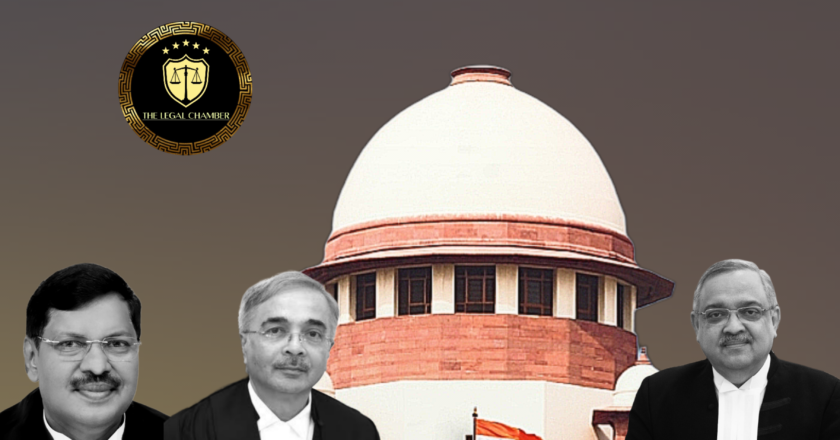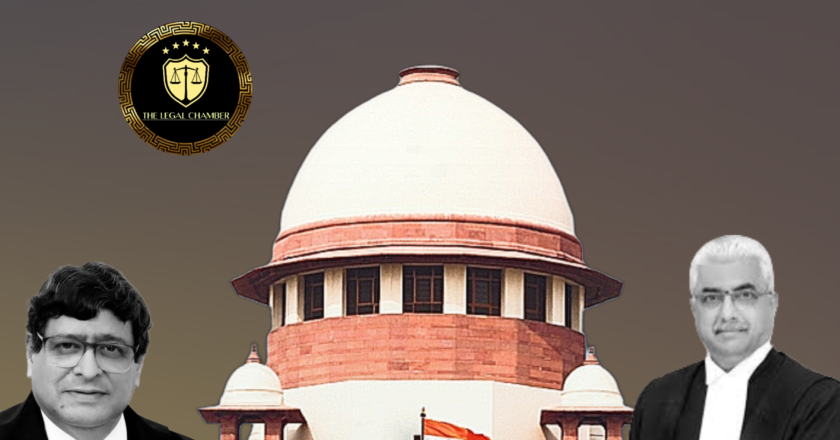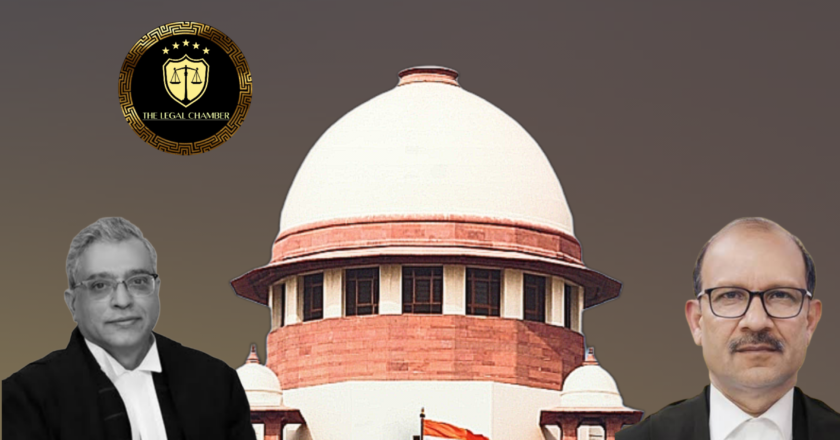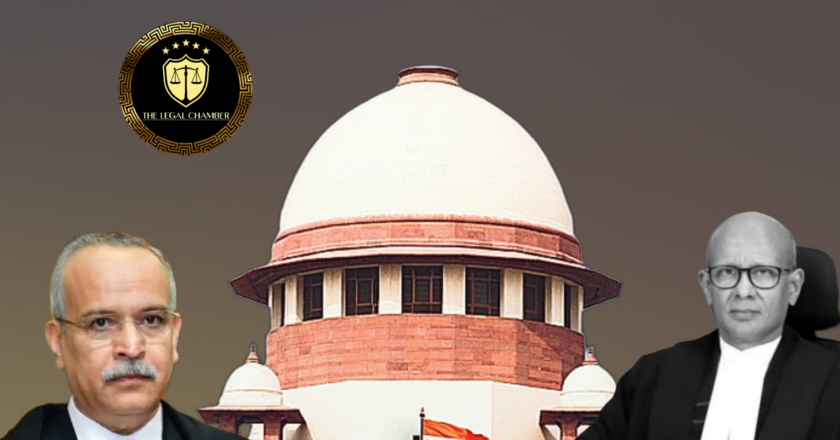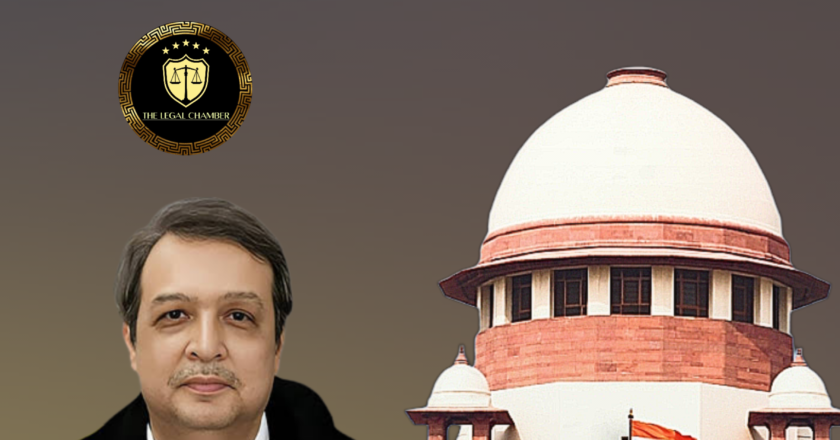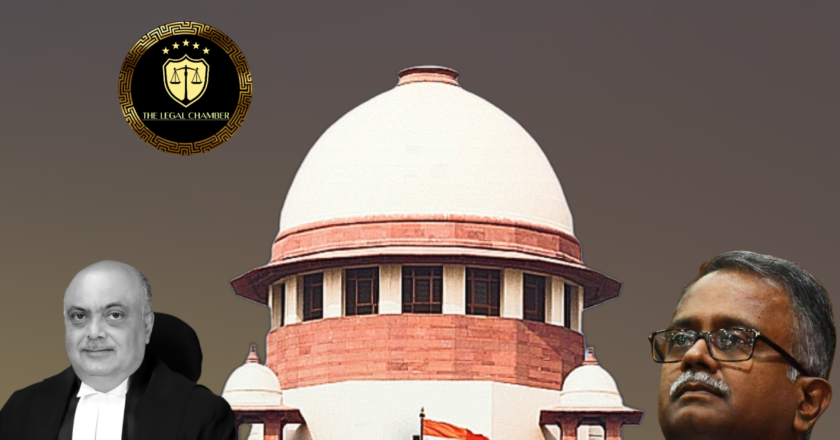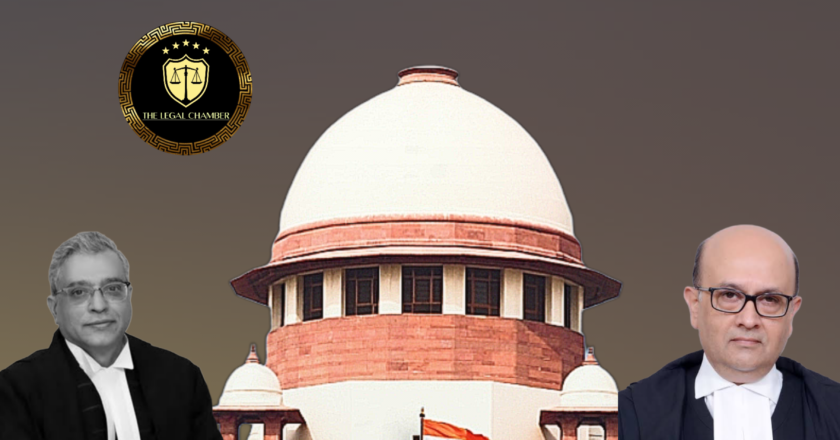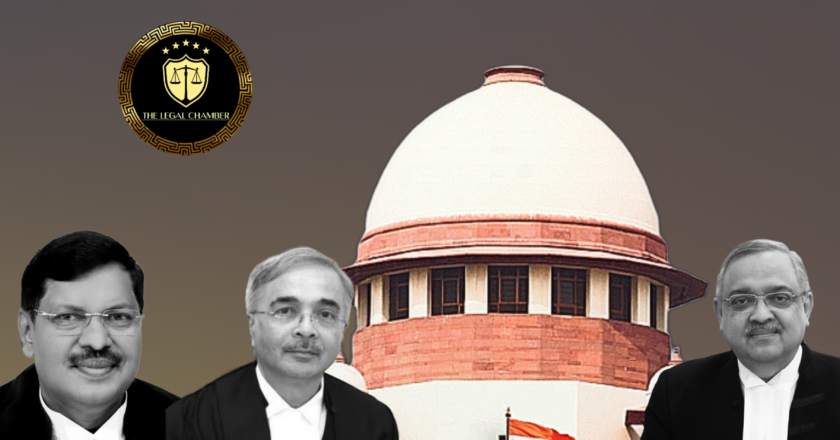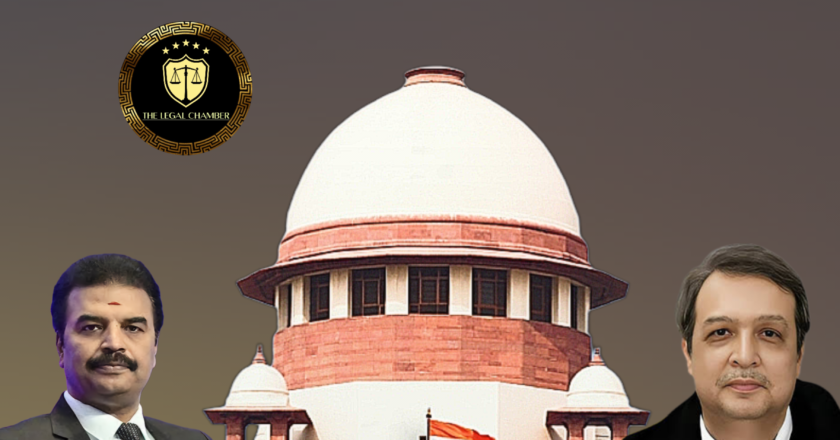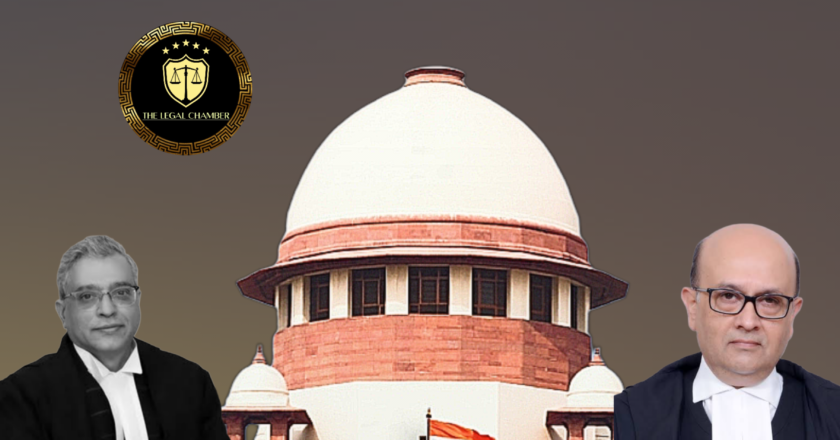Courts Can’t Settle Political Scores: Supreme Court’s Big Ruling on Govt. Advertisements
The Supreme Court ruled that naming government welfare schemes after political leaders is not prohibited by law. It clarified that the Common Cause judgments primarily regulate the use of photographs in government advertisements, not the naming of schemes themselves, thereby setting aside the interim order of the High Court.
Facts Of The Case:
The State of Tamil Nadu government launched a welfare initiative named the "Ungaludan Stalin" (Your's Stalin) scheme. Its stated objective was to bridge the gap between citizens and existing government programs by organizing camps and dispatching volunteers to help people understand and access their entitled benefits. An opposition Member of Parliament filed a complaint with the Election Commission of India (ECI), alleging the scheme's name and ass...
